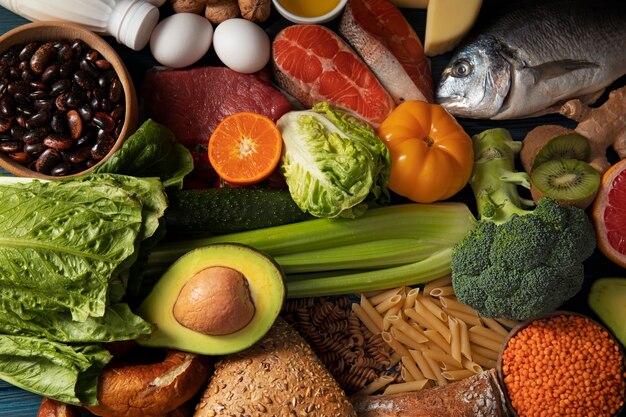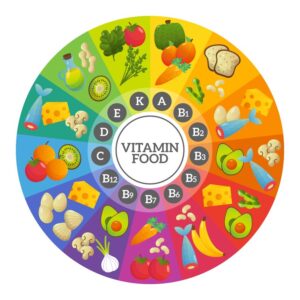Health benefits of traditional diets

As parents, we all want the best for our children, especially when it comes to their health and nutrition. In recent years, there has been a growing interest in plant-based diets, with many families exploring vegetarian or vegan options for their children. This shift towards traditional, plant-focused eating is more than just a trend—it’s a movement towards mindful, health-conscious choices that align with environmental and ethical values.
But what does it mean to raise children on a plant-based diet, and how can parents ensure that their kids are getting all the nutrients they need? Let’s delve into the new frontier of traditional diets for kids and explore the benefits, challenges, and considerations for families embracing this lifestyle:
The decision to adopt a plant-based diet for your child is a significant one, and it often comes with many questions and concerns. One of the most common worries is whether a vegetarian or vegan diet can provide all the essential nutrients that growing children need. The good news is that with careful planning, plant-based diets can be incredibly nutritious and beneficial for children.
One of the primary advantages of a plant-based diet is its focus on whole foods—fruits, vegetables, grains, nuts, and legumes—that are rich in vitamins, minerals, and antioxidants.
These foods are the foundation of a healthy diet, providing essential nutrients that support a child’s growth and development. For example, leafy greens, fortified cereals, and plant-based milks are excellent sources of calcium, which is crucial for strong bones. Similarly, legumes and nuts provide protein, an essential building block for growing muscles and tissues.
However, there are some nutrients that require special attention in a plant-based diet, particularly vitamin B12, iron, and omega-3 fatty acids. Vitamin B12, which is primarily found in animal products, is essential for neurological function and should be supplemented in a vegan diet.
 Iron, necessary for healthy blood cells, can be found in plant sources like lentils, beans, and spinach, but it’s important to pair these foods with vitamin C-rich options like citrus fruits to enhance absorption.
Iron, necessary for healthy blood cells, can be found in plant sources like lentils, beans, and spinach, but it’s important to pair these foods with vitamin C-rich options like citrus fruits to enhance absorption.
Omega-3 fatty acids, crucial for brain development, can be sourced from flaxseeds, chia seeds, and walnuts, or through algae-based supplements.
Benefits of a plant-based diet
Beyond nutrition, a plant-based diet can offer numerous benefits for children, including a lower risk of obesity, type 2 diabetes, and certain chronic diseases later in life. Moreover, raising children on a diet rich in plant-based foods encourages them to develop a taste for vegetables and fruits from an early age, fostering lifelong healthy eating habits.
Of course, transitioning to a plant-based diet isn’t without its challenges. Picky eaters might resist new foods, and busy parents may find it difficult to prepare balanced, plant-based meals every day. However, with a little creativity and planning, these challenges can be overcome. Involving children in meal planning and preparation can make them more excited about trying new foods. Additionally, having a few quick and easy plant-based recipes on hand can make meal times less stressful.
Here are some tips for parents considering a plant-based diet for their kids:
– Consult a nutritionist: Before making any significant dietary changes, it’s wise to consult with a healthcare professional or nutritionist to ensure your child’s nutritional needs are met.
– Start gradually: If your child is accustomed to a traditional diet, consider transitioning slowly by introducing more plant-based meals over time.
– Focus on variety: Ensure your child’s diet includes a wide range of fruits, vegetables, grains, and legumes to provide all the necessary nutrients.
– Get creative with meals: Use fun shapes, colours, and flavours to make plant-based meals more appealing to kids.
Embracing a plant-based diet for your child is a powerful step towards fostering a healthy, mindful, and sustainable lifestyle. With the right knowledge and preparation, you can provide your children with a diet that not only meets their nutritional needs but also instills a love of wholesome, nutritious foods. As more families explore this new frontier of traditional diets, the future looks bright—filled with vibrant, healthy children who are nourished by the power of plants.







